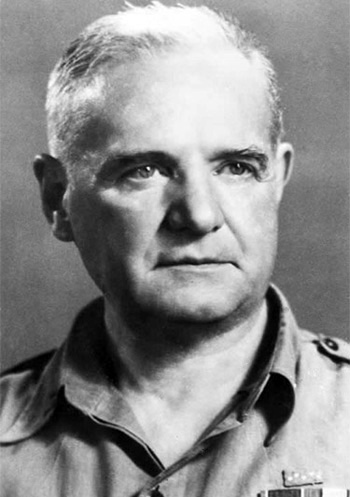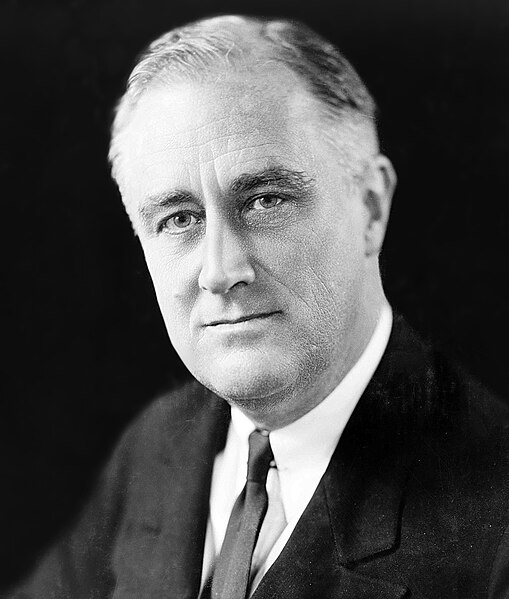I've now read everything Rosenberg says about Stinnett and several other authors.
Later in the book, she deals indirectly with Arthur McCollum's "Eight Action Plan" (without naming him) and with the question of code-breaking -- in both cases by simply denying-without-demonstrating their validity.
Rosenberg deals directly with exactly one of Stinnett's data-points:
"Stinnett's first piece of evidence for his assertions was a vignette that opened the book.
Although he conceded that its status as proof was "speculative," it is still worth examining his opening story in some detail.
He recounted a twenty-two-minute meeting on the evening of December 7 among Edward R. Murrow, Colonel William Donovan, and FDR."
Actually, according to Stinnett, the meeting lasted 25 minutes.
Rosenberg: "Donovan, he stated, reported that the conversation dealt with public reactions to the attack and that Roosevelt seemed unsurprised by and actually welcomed the attack.
Donovan's claim that FDR was not surprised, however, does not mesh with a direct quote, allegedly from FDR, that Donovan supposedly remembered:'They caught our ships like lame ducks! Lame ducks, Bill.
We told them, at Pearl Harbor and everywhere else, to have the lookouts manned.
But they still took us by surprise.' "
Apparently Stinnett thought that this no-surprise vignette buttressed his thesis that "FDR knew.""...This vignette seems preposterous as 'evidence' that 'FDR knew.'
Its claim is illogical, and it would not stand even the flimsiest test of reliability as source material.
So Rosenberg claims.
But the fact that the meeting took place is easily confirmed and apparently not disputed.
According to Stinnett, Donovan confirmed it, Murrow confirmed it, and the meeting's arrival and departure times are noted in Chief Usher Howell Crim's Usher Book -- which "comprise the only official record; there were no official minutes of the meeting."(p3)
And Stinnett's vignet actually begins with Murrow, not Donovan:
"During their twenty-five minute discussion in the second-floor Oval Study, the President provided Murrow with something -- we will never know exactly what -- that any reporter would kill for.
That night he told his wife,'It's the biggest story of my life, but I don't know if it's my duty to tell it or forget it.'
Long after the war ended, Murrow was asked about this meeting by author-journalist John Gunther.
After a long pause, Murrow replied,'That story would send Casey Murrow through college, and if you think I'm going to give it to you, you're out of your mind.' "
So, it should be readily confirm-able if the 25 minute meeting took place, and if Murrow reported something important was said, but then what?
For that Stinnett gives us only Donovan's report, 12 years later, told to "his executive assistant, William J. vanden Heuvel, who summarized the recollections in his diary."
But Rosenberg tells us that diary:
- "(...remains solely in vanden Heuvel's possession), but the summary was verbally "confirmed" by vanden Heuval to Stinnett in 1998."
So here we go again: Rosenberg never saw the diary, doesn't know for certain if it even exists, can't confirm in any way if Stinnett quoted or interpreted correctly, and yet still concludes scathingly that Stinnett's report is "preposterous", "illogical" and "would not stand even the flimsiest test of reliability as source material."
I'd say what's "preposterous", "illogical" and "flimsy" are Rosenberg's arguments.
Here's what matters: even at age 81, vanden Heuval himself could still confirm what's in his diary.
So the diary is either a known item or it is not.
If it is a known item, then it has either been studied and evaluated by serious scholars, or it has not.
If studied, the evaluations must produce a bottom line: either reliable or not reliable.
If reliable, then Stinnett quoted or interpreted it correctly or incorrectly.
If correctly, then Stinnett has done the true historian's job, and Rosenberg is just blasting away with innuendo.
By the way, the politics here are most unusual, considering that vanden Heuval's daughter is affectionately known as Hurricane Katrina, for her effect on ideological opponents. ;-)
Finally, here is the whole story, as told by Stinnett.
Wild Bill Donovan (age 58 in 1941):
Edward R. Murrow (age 33 in 1941, here with Truman circa 1951)
President Roosevelt (age 59 in 1941):
William J. vanden Heuval (born 1930, today age 81):